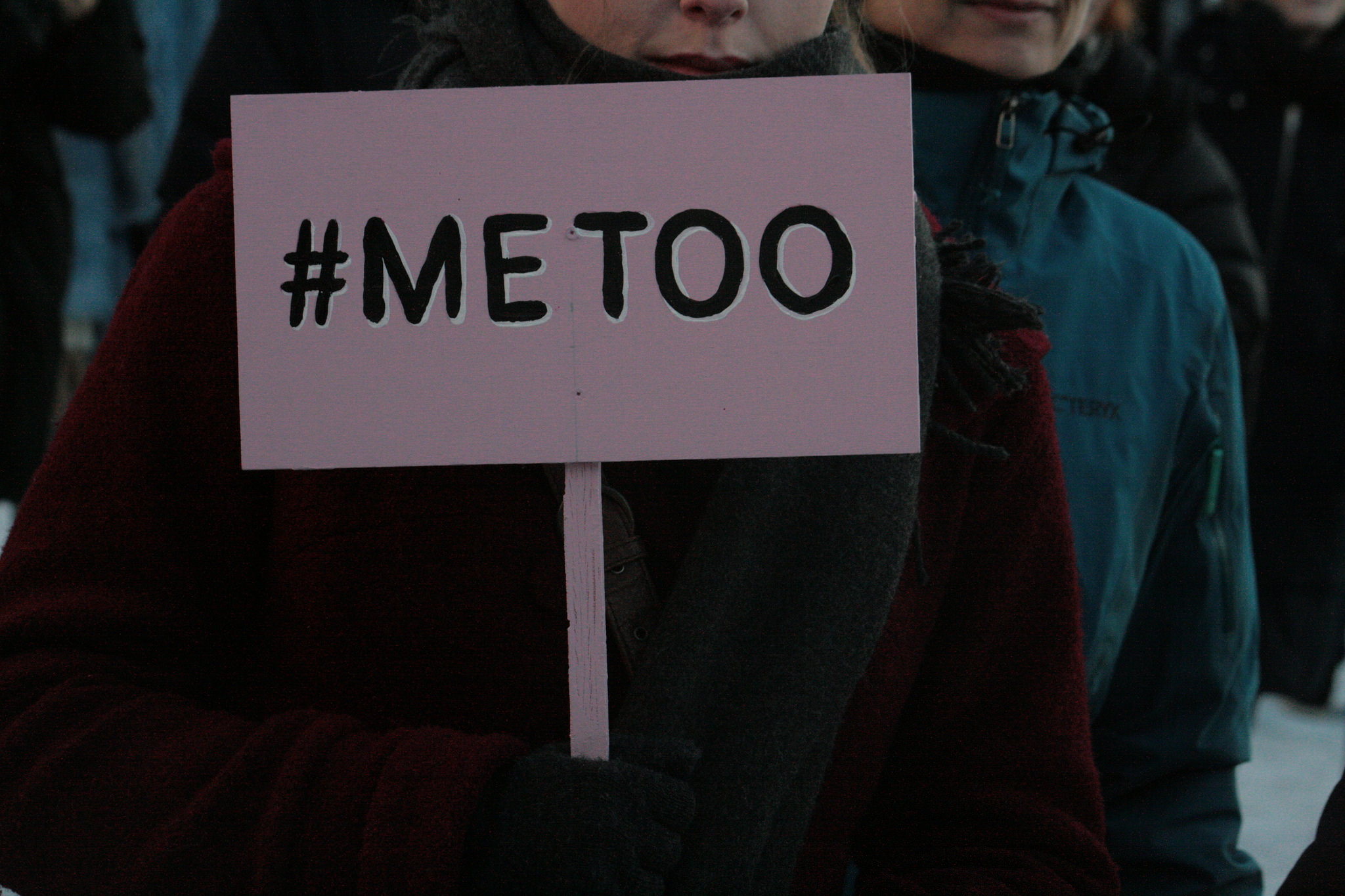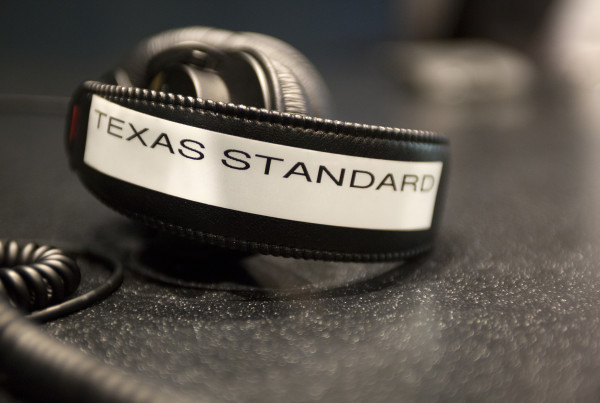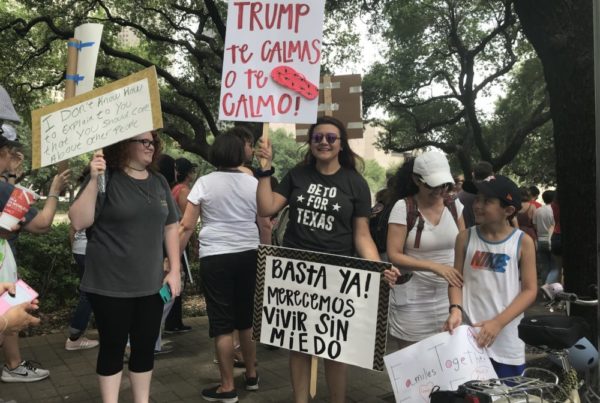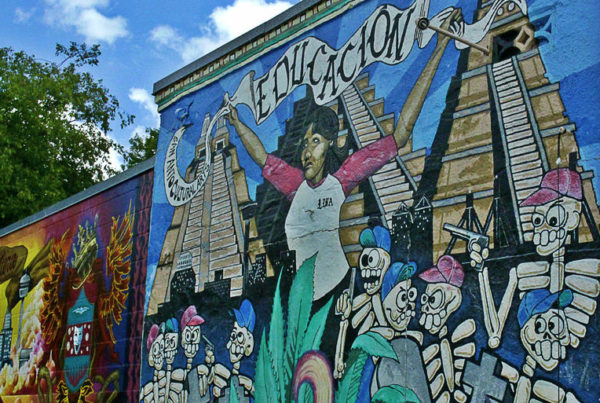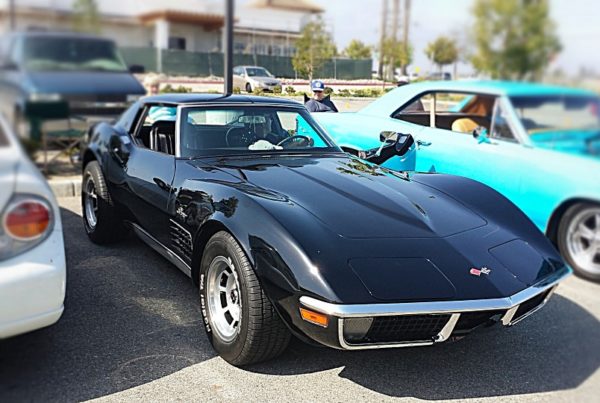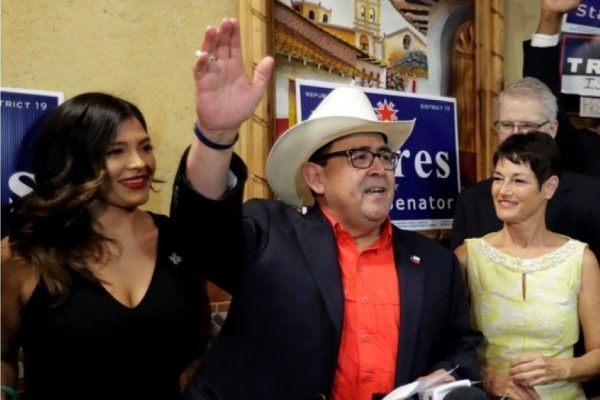Warning: The content of this post is extremely sensitive and is not suitable for children.
“The first time my uncle raped me, I was six. By the way, my father was not in the picture for any of this. That’s why all this abuse was able to happen – [it] was because my parents were getting separated. My uncle told me, because my father was living with his parents that meant that he didn’t love me and my little sister anymore. He wouldn’t believe us.
“I was only able to come forward to my mom because he raped my little sister and made me watch. I thought that my mom would be mad at me, because I couldn’t protect her. She wasn’t mad at me, though. She immediately started the whole process of trying to get him held accountable. This whole time, she was the one to protect us when no one else would. She was just a child herself. What 20-year-old knows what to do when that happens? The family wanted to protect him and not me. They were really big in the church.
“A few years later, I had realized that I was not mature enough for college, so I left the college I was attending and joined the Marine Corps. I was stationed in California when I found out he’d been arrested in Idaho for raping his daughter.
“I feel a lot of guilt because I didn’t try hard enough. I didn’t try hard enough to warn her, and it’s my fault that he did this again. I wanted to kill him. Idaho is not that far from California, and one of my friends knew that I was upset about something and got me to tell him why I was upset. He was like ‘Well, let’s go. Let’s do this.’ We had a plan, but I realized, though, that my uncle had stolen my childhood. I was not going to give him control over my adulthood.
“When the #MeToo movement started in the fall, I wanted to share my story, but all I was able to do was just share #MeToo. And that’s the whole truth.”
If you or someone you know has been sexually assaulted, help is available in your area:
East Texas, North Texas, South Texas, West Texas. Also, the National Association of Adult Survivors of Child Abuse
Even though “The Whole Truth” is an outlet for untold and hard-to-tell stories, this one demands further elaboration and discussion.
Adults may find it difficult to recognize when a child is speaking about sexual abuse because of their limited language skills. Emily LeBlanc, a licensed professional counselor and chief program officer at CASA of Travis County – an organization that advocates for children who experience abuse or neglect – says the first thing adults can do is believe them and validate that they are not alone, and that they will stay with them to get help.
“What we can do for kids that might not have the words yet [is] look for changes, particularly sudden changes in behavior, sleeping habits and eating habits,” LeBlanc says. “If they were social and now they isolate or anything that seems developmentally out of place [such as] acting younger than they are or older than they are. They may talk about things that don’t seem developmentally appropriate. Those are all signs that we can look for that a child is trying to tell us something.”
Accusations of abuse against the Roman Catholic Church shook many within and without the church community. But there’s often social pressure put on abuse survivors to not disrespect their faith or church leaders by speaking out. But LeBlanc says there’s “nothing godly” about sexual abuse or assault.
“There’s three ingredients that are needed in order for sexual abuse to occur – those are access, privacy and control. Access, certainly because there’s children in almost all communities of faith. Privacy, because religion and faith is such a personal experience – it’s built into the institutions. Control, because there’s nothing more powerful than being seen as the authority on what’s sacred. I think another thing to consider is that perpetrators almost always engage in what’s called ‘community grooming.’”
Also, guilt is almost universal among survivors of sexual abuse and assault. It stems from perpetrators trying to convince their victim that it’s their fault, LeBlanc says.
“It’s how they isolate them,” LeBlanc says. “As far as what we, the community, can do about that, I think the first thing we can do is start believing the victims. [Sexual assault is] the only crime that gets committed where we question victims. If I’m robbed walking out of the grocery store, no one asks me why I had my purse on my shoulder, or why I was carrying groceries in my hands, or what I was wearing. For some reason, with sexual assault and sexual abuse – primarily because the body was the crime scene – we start to question victims about what they were doing.”
According to a recent study by the University of Texas at Austin, almost a third of women in Texas are sexual-assault survivors.
“If I can blame victims for what they were wearing, or what they were drinking or who they were talking to, or who they were dating, I can get a false sense of reality and a false sense of control that maybe I can keep it from happening to me,” LeBlanc says. “In order to take that control we’d have to say ‘I’m not going to church. I’m not getting married. I’m not dating. I’m not going to have male friends.’ Most women are assaulted by men they know. Children are almost always assaulted by someone that they trust. I think as a community, we have to shift our perception of what reality really is.”
The Whole Truth is the ultimate confession booth for Texans. We won’t keep your secret – but we promise to keep it anonymous.
Do you have a story you need to get off your chest? Reach out to the Standard, and we’ll share your story with fellow Texans, anonymity guaranteed. Email us at texasstandard@kut.org.
Written by Brooke Vincent.


